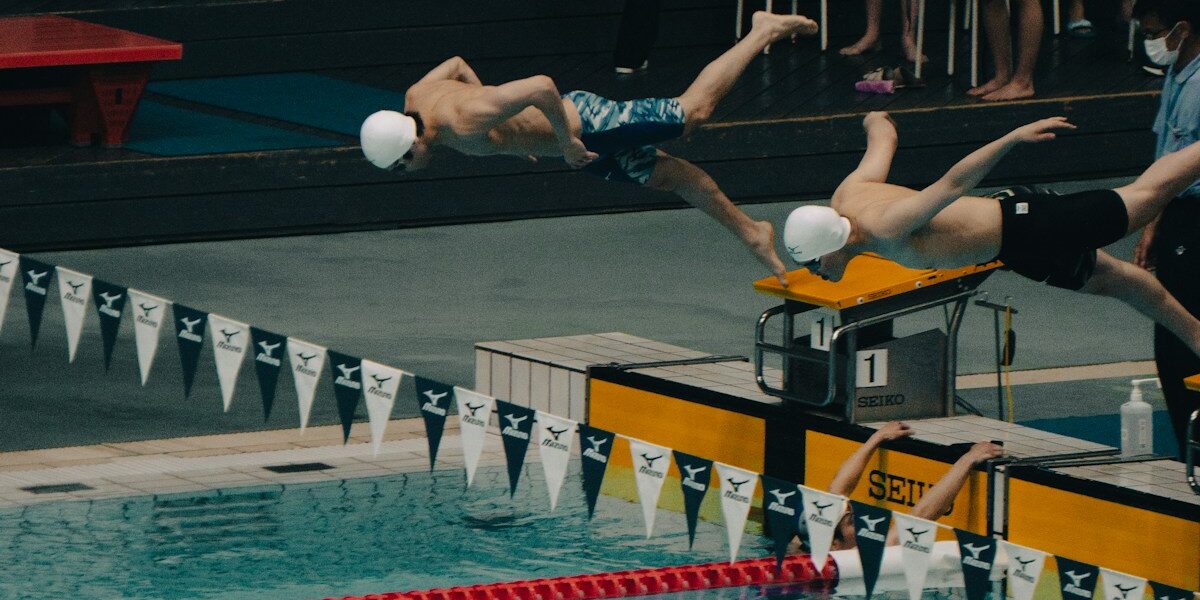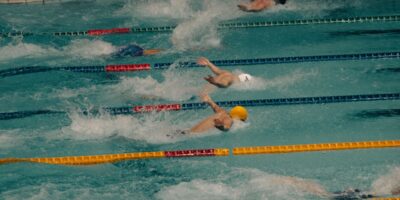Chrissie Wellington: The Ironwoman Who Redesigned Triathlon
Chrissie Wellington: The Ironwoman Who Redesigned Triathlon has gotten complicated with all the performance metrics noise out there. As someone who spent a decade racing everything from sprints to ultra-distance events, I learned everything there is to know about this topic. Today, I will share it all with you.
An Unexpected Beginning

Born on February 18, 1977, in Bury St Edmunds, England, Wellington’s entrance into sports wasn’t immediate. Unlike many elite athletes, she didn’t excel in sports during her school years. In fact, she began her athletic pursuits seriously only in her twenties. After graduating from the University of Birmingham and completing a Master’s degree at the University of Manchester, Wellington embarked on a career in international development. She spent time working in Nepal, an experience that would later influence her approach to both training and racing.
It wasn’t until 2004 that she took part in her first triathlon at the age of 27. The experience was transformative. Realizing her potential, Wellington began training more vigorously. It soon became apparent that she possessed an extraordinary aerobic capacity and an ability to endure punishing workouts. Her performance rapidly improved, and by 2006, she was competing as a professional.
Domination in Ironman
In 2007, Wellington entered her first Ironman race in Korea. Remarkably, she won the event, securing her a place in the Ironman World Championship in Kona, Hawaii. This race is notorious for its grueling conditions, yet Wellington surprised everyone. She not only won but did so with a commanding margin. Her triumph shocked the triathlon world, marking the beginning of a new era in women’s Ironman.
Wellington’s approach was different. Her races often started with a solid swim, allowing her to stay within striking distance of the leaders. Once on the bike, she dominated, pushing a pace few could match. The final marathon leg was where she shone, consistently delivering blistering run times. Her relentless style and refusal to taper during training set her apart.
Breaking Records
In her career, Wellington broke the women’s Ironman world record multiple times. One of her most notable performances was in 2011 at Ironman South Africa. She finished in 8:33:56, setting a new world record. On multiple occasions, she recorded marathon times under 2:50 during Ironman events, a feat comparable to many elite marathon-only runners.
Her consistent dominance sparked discussion about training methodologies and the potential of female endurance athletes. Wellington embraced innovation, often incorporating techniques and technologies that others hadn’t yet tried. Her openness to novel training approaches contributed to her staying ahead of the competition.
Life Beyond Racing
Wellington retired from professional triathlon in 2012, but her influence continues. She transitioned smoothly into a role as an advocate for sports and fitness-related causes. As a public speaker and author, she’s shared her insights and experiences widely. Her autobiography, A Life Without Limits, provides a candid look at her journey, offering inspiration and advice to budding athletes.
Probably should have led with this section, honestly.
She’s also dedicated herself to philanthropic work, using her platform to support initiatives that provide access to sports for underprivileged communities. Her efforts in promoting physical activity as a means of empowerment have been widely recognized.
Training Philosophy
Wellington’s training philosophy was rooted in consistency and intensity. Unlike many of her peers, she often eschewed long periods of rest, instead opting for shorter breaks and continuous workload adaptation. Her coach, Brett Sutton, played a significant role in crafting this unique approach. Sutton emphasized mental fortitude and believed in harnessing individual stressors to build a tougher athlete.
Wellington’s emphasis on adaptability rather than a rigid training schedule allowed her to respond to various race conditions effectively. This resilience was crucial during her competitive years and remains relevant to athletes today.
Impact on Women’s Triathlon
Chrissie Wellington’s legacy extends beyond her race results. Her presence elevated the profile of women in triathlon, showcasing that they could compete with unprecedented intensity and skill. Her achievements encouraged more women to consider triathlon a viable and rewarding sport.
Through mentoring, public speaking, and her persistent efforts as an advocate for women in sports, Wellington has inspired countless female athletes to pursue their potential. Her story continues to motivate individuals across various disciplines, underscoring the power of perseverance and passion.
Recommended Triathlon Gear
Garmin Forerunner 945 – $449.00
Premium GPS triathlon watch with music and maps.
Triathlete Magazine Complete Training – $18.00
Comprehensive guide to triathlon success.
As an Amazon Associate, we earn from qualifying purchases.



